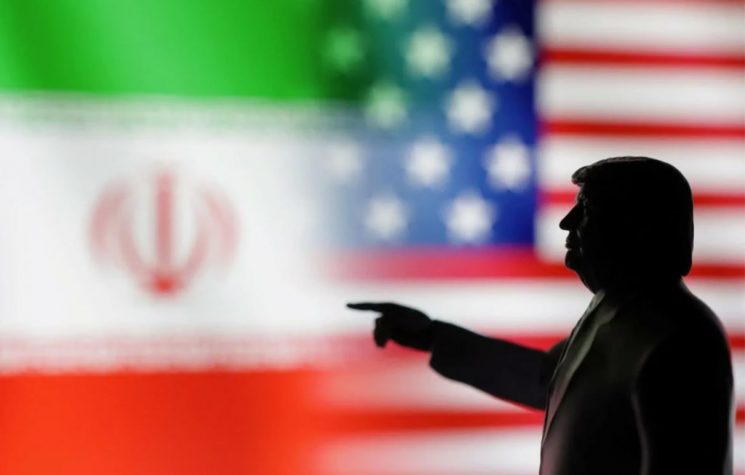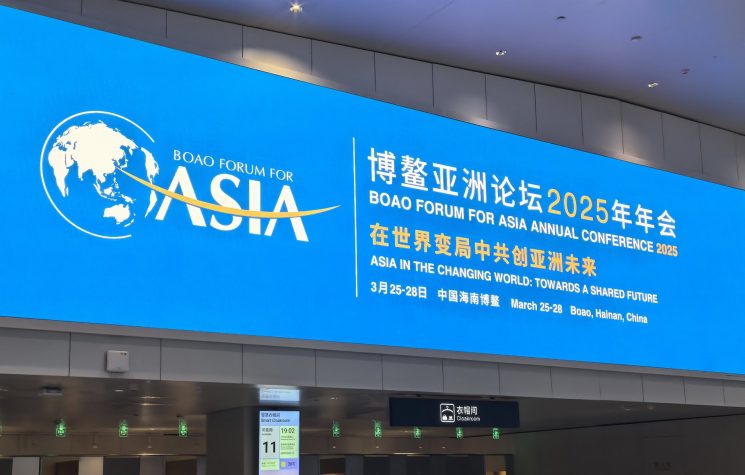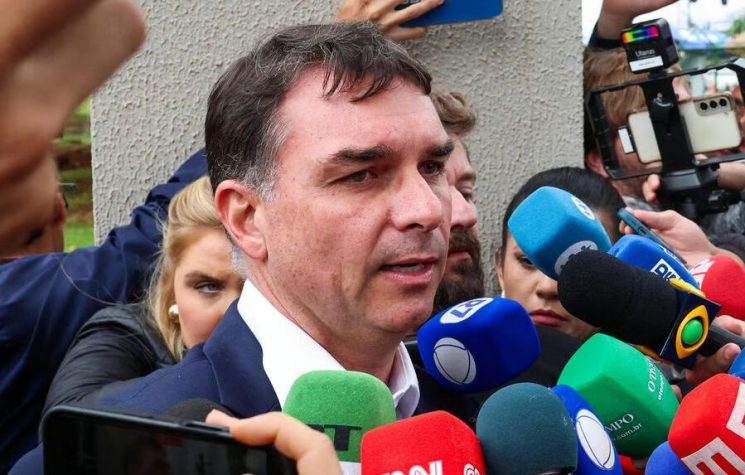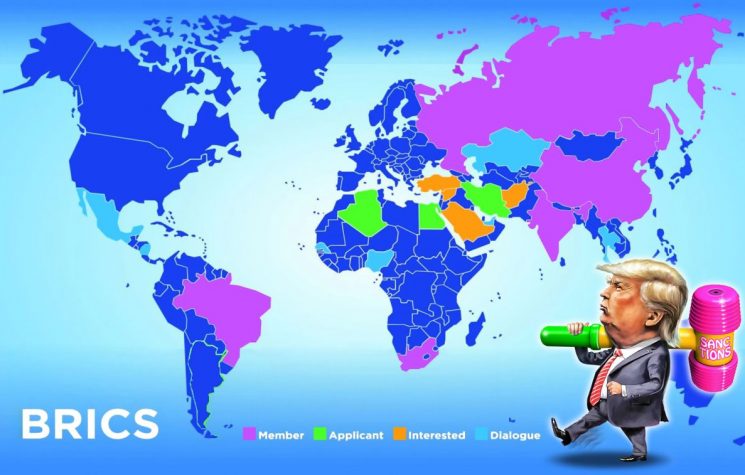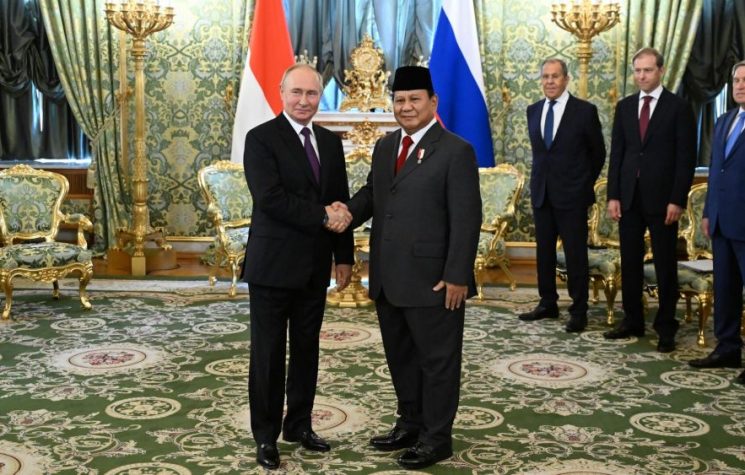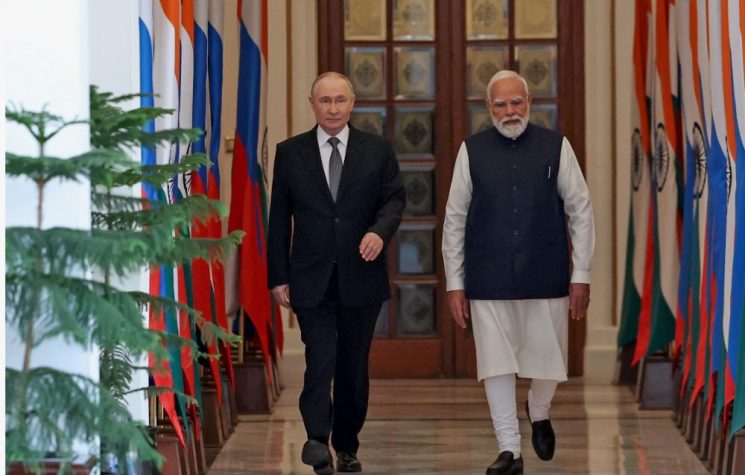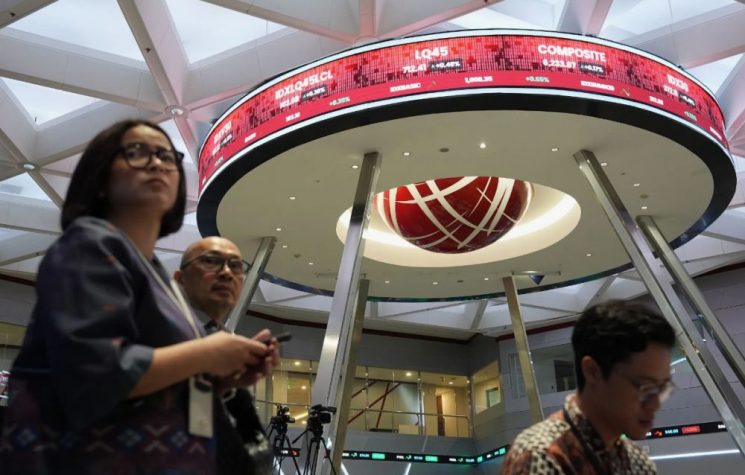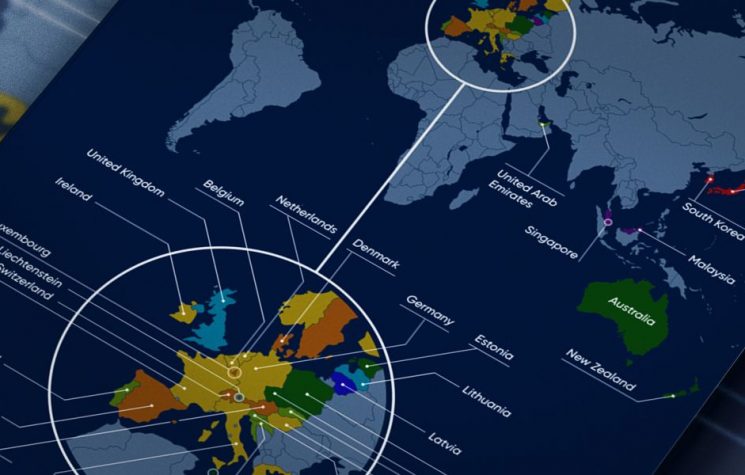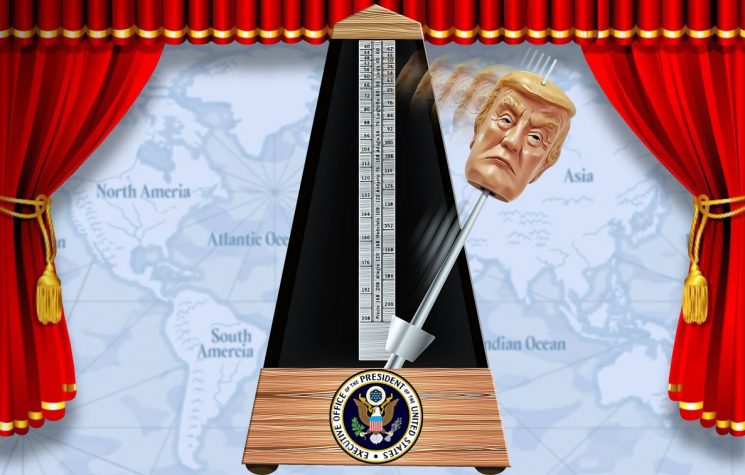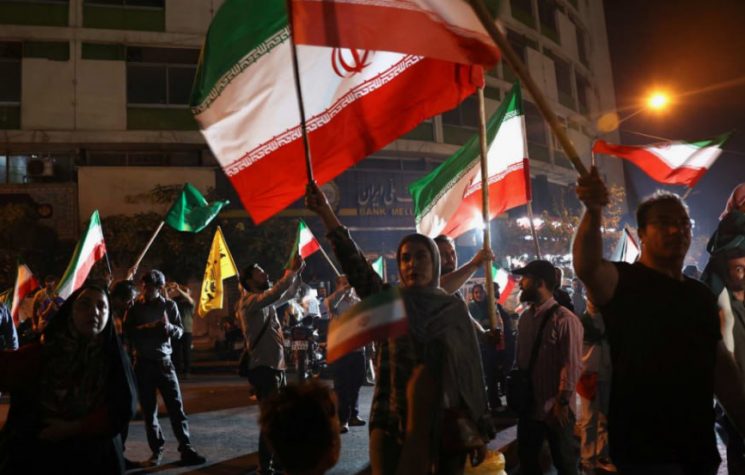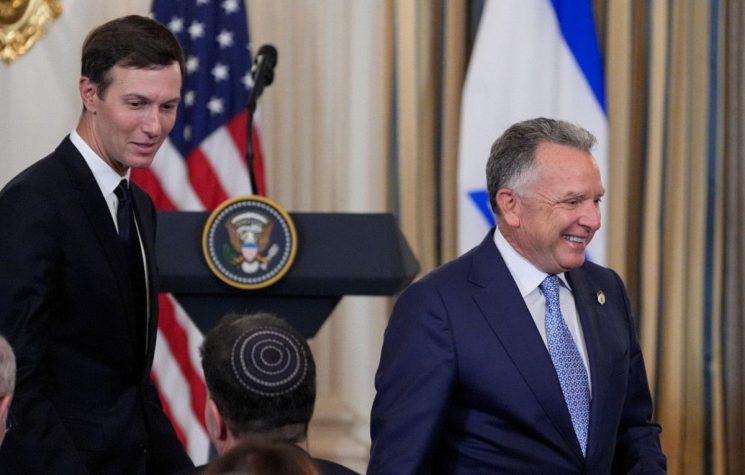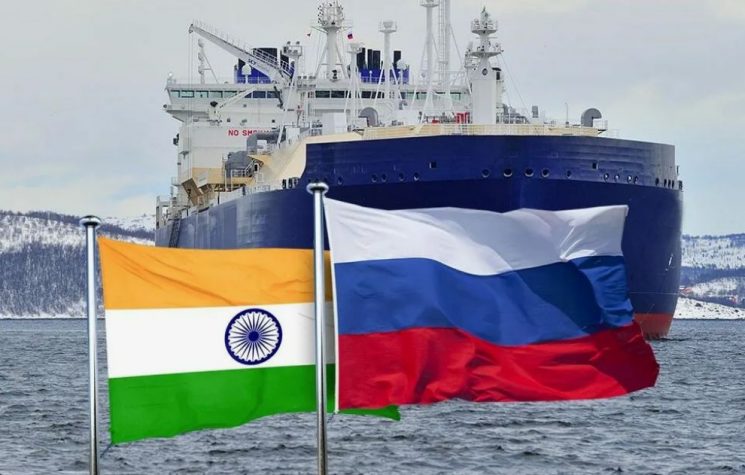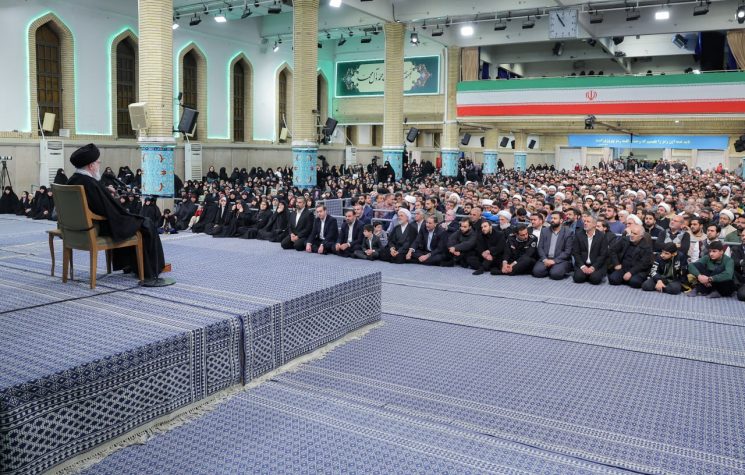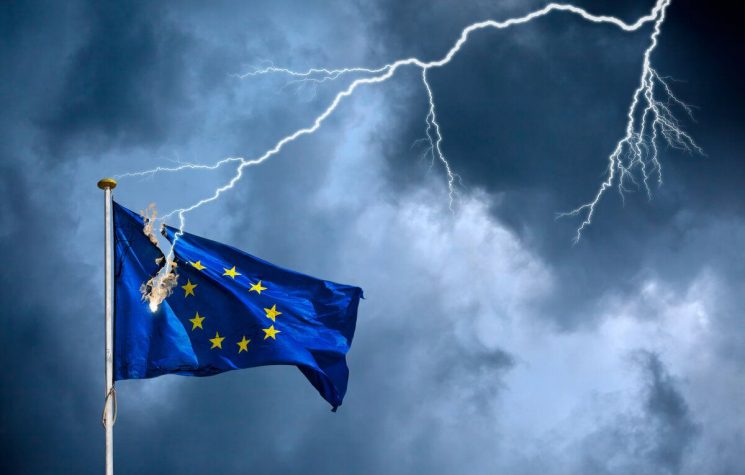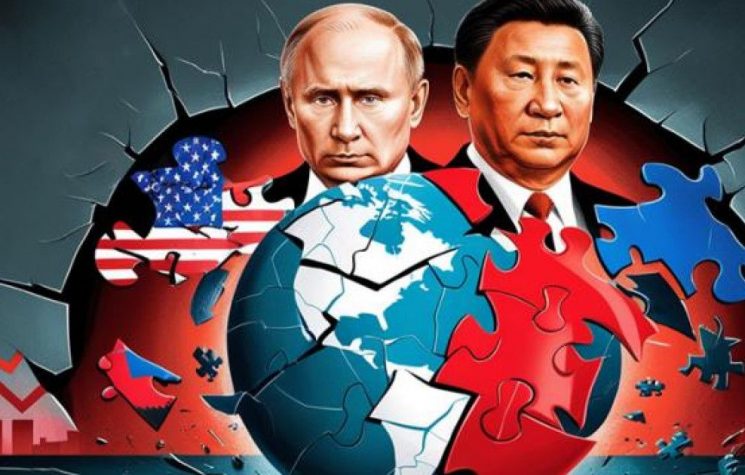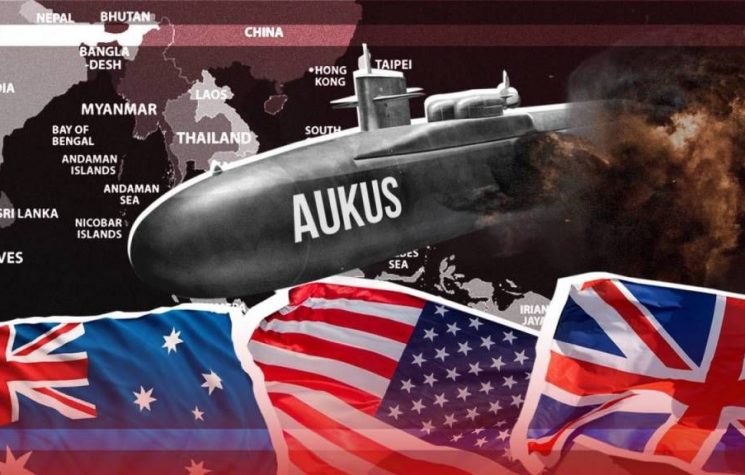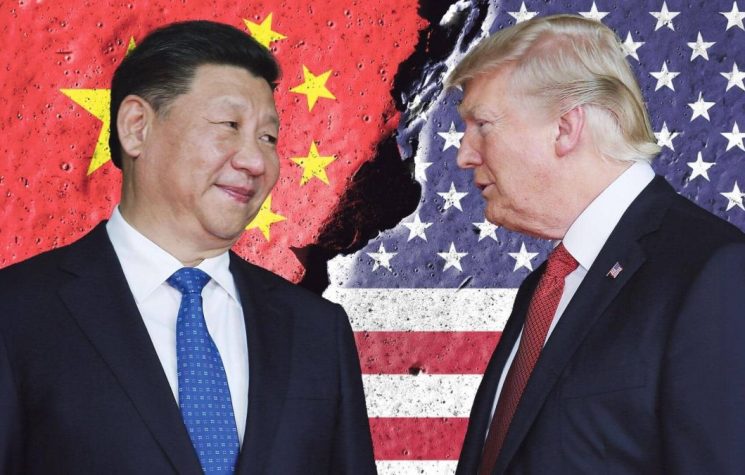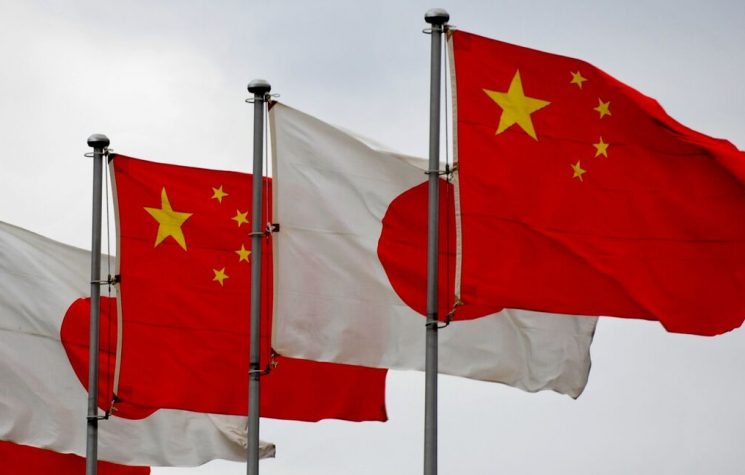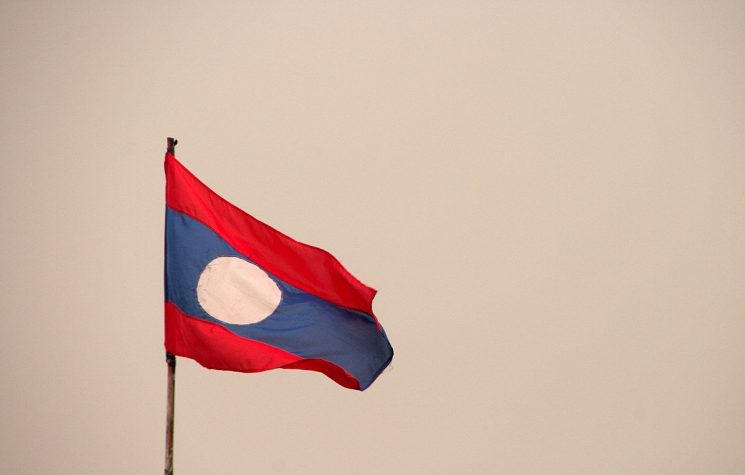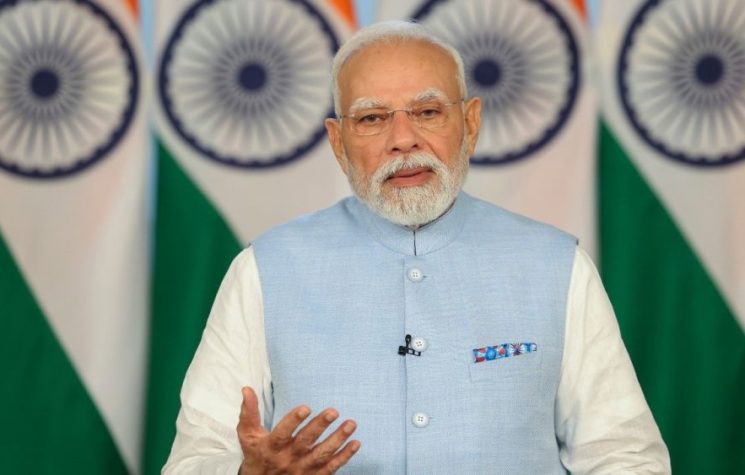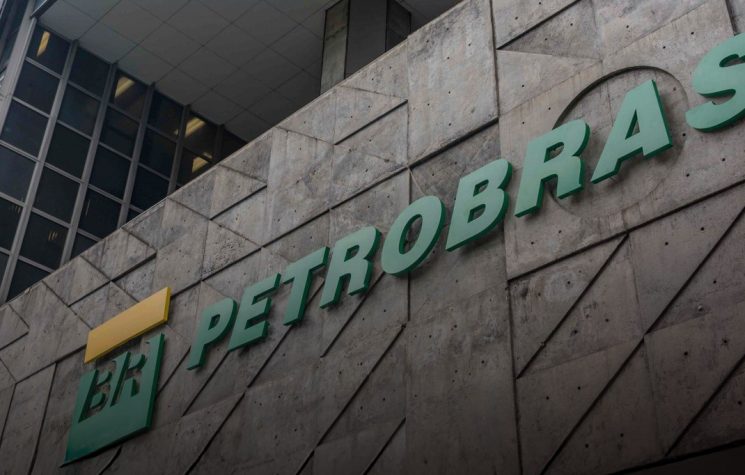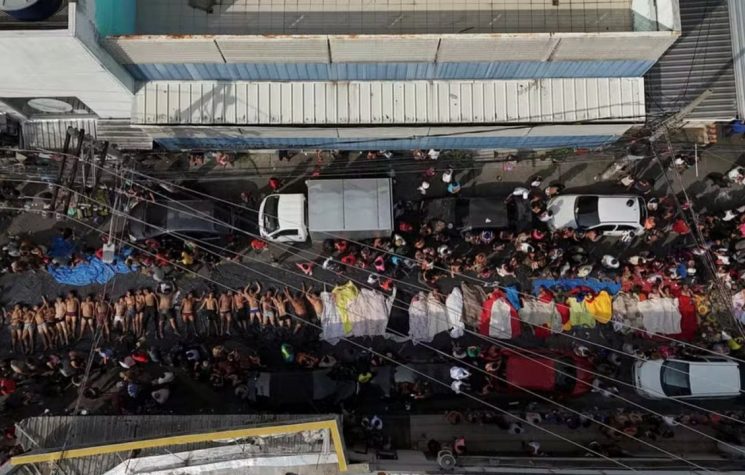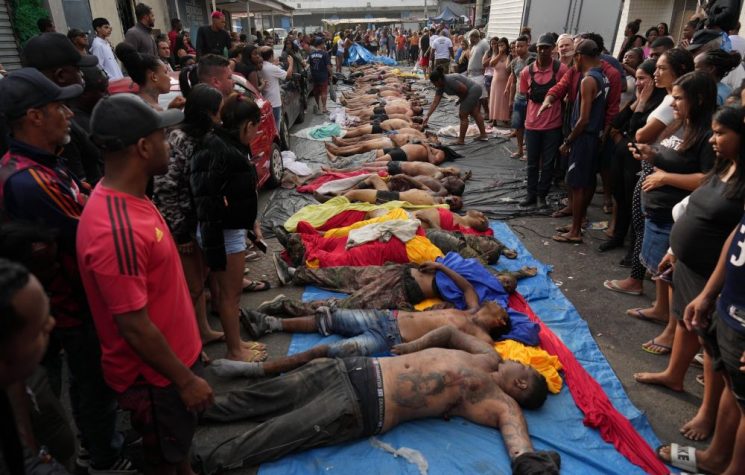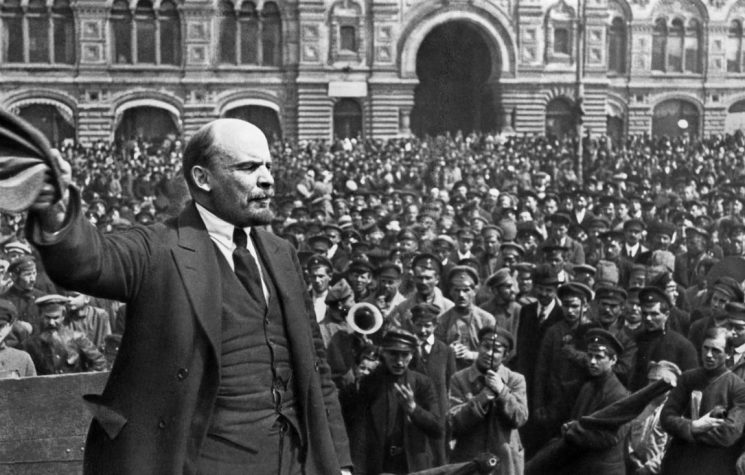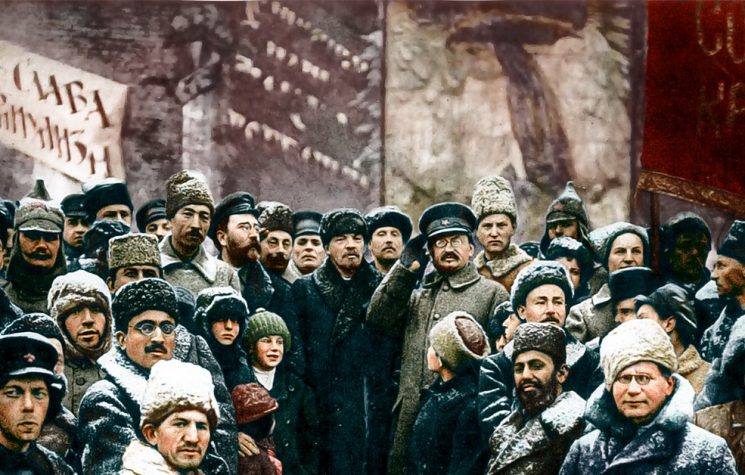The air in Rio, smelled from afar, does not smell good, Lorenzo Maria Pacini writes.
Join us on Telegram![]() , Twitter
, Twitter![]() , and VK
, and VK![]() .
.
Contact us: info@strategic-culture.su
So, let’s recap
Where were we? Kazan, Russia, October 2024. In a sense, everything took a turn there. From January 1, 2025, with the formal entry into the geo-economic partnership of the new members ratified in Kazan, the presidency passed to Brazil, with a term lasting throughout 2025.
BRICS is an intergovernmental alliance that acts as a counterweight to the liberal alliance of the West and as one of the main channels for transition to a multipolar international system.
In the post-World War II era, the U.S.-led West promoted the creation of international organizations ostensibly aimed at facilitating global cooperation. However, these structures—including the UN, IMF, World Bank, WHO, WTO, SWIFT, NATO, EU, and the World Economic Forum—have proved to be instruments for strengthening Western neoliberal hegemony, culminating in the post-1990 unipolar order centered on the United States.
The expansion of the BRICS+ group in recent years has taken on a leading role in the transition to a new multipolar international order. The BRICS countries’ economic model is emerging as the dominant alternative, now accounting for about 35% of global GDP. In comparison, the G7—an expression of historically dominant powers—fell to 30% at the beginning of 2025. In other words, the BRICS countries have global economic leadership.
Much progress has been made since the first summit in Ekaterinburg in 2009. The 2006 founders, Brazil, Russia, India, and China, were joined in 2011 by South Africa and the birth of the New Development Bank, which began operations in 2014. In 2023, the family expanded in Johannesburg to include Iran, Ethiopia, Egypt, the United Arab Emirates, and Argentina (which later withdrew), and in 2024 in Kazan, Belarus, Bolivia, Cuba, Kazakhstan, Malaysia, Nigeria, Thailand, Uganda, and Uzbekistan joined. More than 30 countries have expressed interest in joining between 2024 and 2025. Indonesia became a full member in January 2025. Currently, the bloc has ten full members and nine partners.
On the other side, the G7 is made up of the United States, Canada, France, Germany, the United Kingdom, Italy, and Japan. We’ll stop there because it’s already ridiculous enough.
Here are some key economic indicators:
- Share of GDP: 35% for BRICS (rising to 41% with partners), compared to 30% for the G7;
- Nominal GDP: $31.72 trillion for BRICS compared to $51.45 trillion for the G7;
- Average annual GDP growth: 4.2% for BRICS compared to 1.7% for the G7;
- Expected contribution to global growth (by 2029): 44.3% for BRICS compared to 20.1% for the G7;
- Population: 3.7 billion in the BRICS countries compared to 770 million in the G7;
- Natural resources: the BRICS countries have more than the G7;
- Public debt: USD 62 trillion for the G7 compared to USD 14 trillion for the BRICS countries.
BRICS+ continues to attract many states thanks to its proposal for sovereign and balanced development, in stark contrast to the Western vision that favors supranational structures and a neoliberal agenda.
All these elements confirm that neoliberal unipolarism has now lost its effectiveness: international institutions built to dominate are no longer able to guarantee control over states. At the same time, the cooperative approach based on a balance between sovereignty and economic partnership is proving its efficiency, promoting global stability that today seems more urgent than ever.
Looking towards Rio
Now, there is a small problem (which we predicted in December 2024): Brazil has not taken care of BRICS+. Since the beginning of 2025, Lula has not promoted the partnership, at least not in comparison to his predecessors.
The reasons for this may be varied. Reflecting in advance on what the event will actually be, it is well known that Brazil still lives in an orbit of American dependence, and in fact the COP environmental meeting in July received more coverage than the BRICS+ summit, concrete evidence of a preference for the West over the Global South and the East. Lula’s leadership has been insignificant, and in fact he has not even been mentioned in terms of BRICS.
Two leaders of the founding BRICS states will not be physically present at the Rio de Janeiro summit. Russian President Vladimir Putin, who is subject to an international arrest warrant, will participate exclusively by videoconference to avoid diplomatic complications with Brazil. He will be represented on site by Foreign Minister Sergei Lavrov. More unexpected is the absence of Chinese President Xi Jinping, who will be replaced by Premier Li Qiang, officially due to “previous commitments.” However, there are rumors that Brazil’s decision not to join the Belt and Road Initiative, promoted by its main trading partner, has created tensions with Beijing. Furthermore, China is said to be unhappy that President Lula is organizing a gala dinner in honor of Indian Prime Minister Modi, who is considered a strategic rival of Beijing and the next president of the BRICS.
The deep divisions between the two Asian powers, India and China, have always limited the internal cohesion of the BRICS. Brazil’s bilateral relations with both countries are a sign of its realistic and pragmatic approach to foreign policy. The Brazilian government sees BRICS as a useful tool for giving voice to the interests of the so-called “global South,” but does not consider it a platform in opposition to the West, to which it feels it belongs. At the same time, Lula aims to strengthen economic and trade relations with India, without tying himself exclusively to China.
In addition to the absence of key figures from the group, another obstacle for Lula will be achieving tangible results during the summit. Progress is more likely on issues where there is a consensus for enhanced cooperation among BRICS members. The motto chosen by Brazil for its presidency of the group — “Strengthening Global South cooperation for more inclusive and sustainable governance” — is perfectly aligned with the priorities the country also set during its leadership of the G20 in 2024.
Brazil has identified six strategic priorities that are driving its busy schedule of political and technical events and meetings:
- Global health
- Trade, investment, and finance
- Climate change
- Governance of artificial intelligence
- International security and multilateral architecture
- Institutional development
It is unlikely that Lula will want to involve the summit in ongoing international conflicts. Rather, he will strive to include diplomatic, non-binding formulations in the final declaration that are capable of holding the various positions together. This approach applies both to the war in Ukraine and to tensions between Israel and Iran, a new member of the BRICS, a conflict that has temporarily subsided.
It is clear that the diversity and internal heterogeneity of the BRICS will be clearly visible in Rio.
Lula’s task will be complex: he will have to produce a joint statement despite internal divisions. Already at the April meeting, the foreign ministers failed to produce a unified document—an unprecedented event in the group’s history. The cause was the lack of support from Egypt and Ethiopia, new members, for South Africa’s bid for a permanent seat on the UN Security Council. This episode reveals how, despite sharing the goal of greater representation of the global South in international institutions, individual national interests make it difficult to determine who should fill those roles, undermining the BRICS’ ability to influence global governance reform, at least for the time being.
The next major diplomatic event for Brazil will be COP30, a climate conference to be held in November in Belém, in the heart of the Amazon. In line with the Rio summit agenda, Lula will seek to adopt at least some concrete measures to combat climate change. In this context, a central role could be played by the BRICS New Development Bank, led by former Brazilian President Rousseff, which has committed to financing environmental projects.
The main challenge is that for some members of the group, such as Russia and Iran, oil and gas revenues are crucial for economic development, marginalizing environmental commitments. Brazil is also exposed to criticism on climate issues, both for illegal deforestation, albeit declining, and for energy extraction projects on its territory.
Despite all these difficulties, Brazil’s diplomatic strategy appears stable: to focus on concrete cooperation on shared issues, avoiding friction and seeking diplomatic formulas to manage differences — especially so as not to damage relations with the United States under a possible new Trump presidency.
Brazil’s pragmatic approach represents an opportunity for Germany and Europe, which could intensify dialogue and economic and political cooperation. The EU-Mercosur agreement, which has finally reached the ratification stage after thirty years of negotiations, provides the ideal tool. The official signing is scheduled for December, when Brazil, in addition to concluding its BRICS presidency, will also take over the leadership of Mercosur.
What if it’s a trap?
In addition to the agenda, several scenarios await us in Rio that could deal a severe blow to the multipolar chessboard. Perhaps these are just bad feelings, or perhaps not. It is worth reflecting on them for a moment. Here are some scenarios:
- The U.S. exploits the summit to strike at the BRICS+. An inside job via Brazil, through certain financial decisions with the NDB, splitting the majority that supports controlled de-dollarization. Or a color revolution within the partnership, with one or more members beginning to pull in different directions, making it difficult to continue joint work and adopt certain resolutions. Why not, maybe even a nice Hollywood-style assassination.
- The globalist agenda of COP30 environmentalism takes over, Brazil becomes the harbinger of the same ideas as the UN with Agenda 2030, and everything is mixed together into a single mush.
- The absence of Putin and Xi weighs so heavily that it compromises the event, which becomes a nice opportunity to have dinner together, but without any political weight.
- The problem of Zionism, which affects many of the member countries of the partnership, becomes decisive. Placed on the agenda, it is not easy to solve, because it would mean accusing, prosecuting, dismantling, and reformulating the political structures of entire states. A nice trap, designed to create a rift, a dead end.
- Blackmail. The Arab countries have reached this point with sufficient leverage to be able to determine entire votes. The U.S. and the UK are playing behind the scenes. Iran emerges politically isolated but strengthened in public opinion, where, however, the BRICS+ are collapsing in popularity, which would be an incredible victory for the globalists. Blackmail is also being used in Europe and Africa, where the dark plots of the colonialists clash with the interests of new strategic partners.
Let’s stop here. The air in Rio, smelled from afar, does not smell good. The hope is that the Summit will be a great success, without forgetting that there is a collective West in its final stages that is ready to do anything to see the whole world die.















